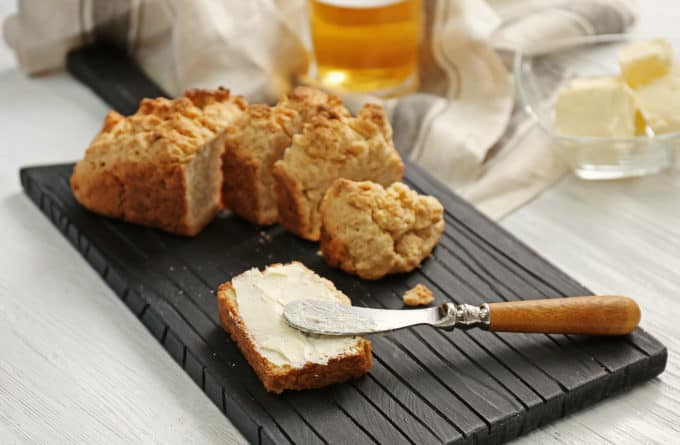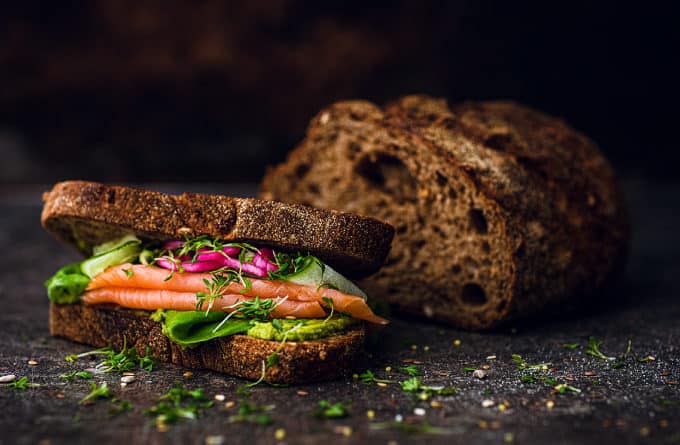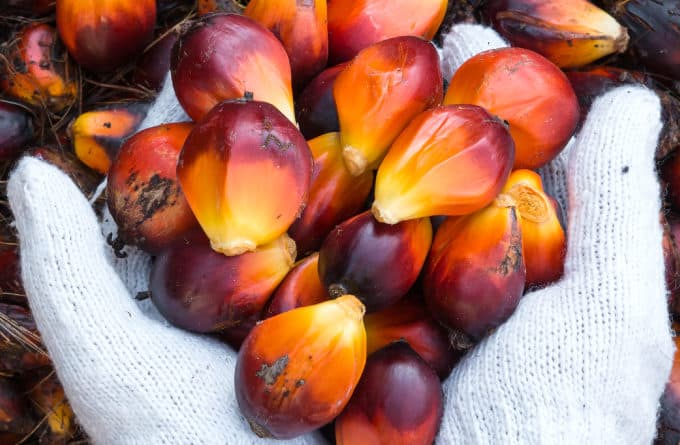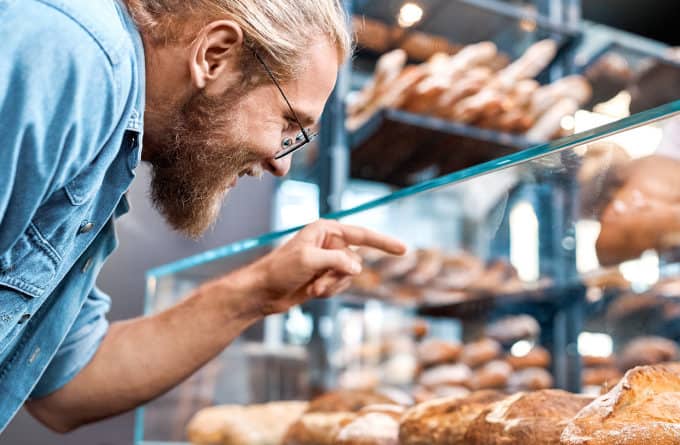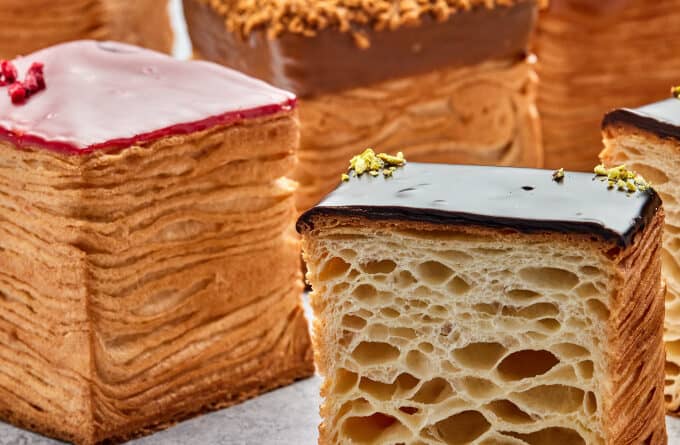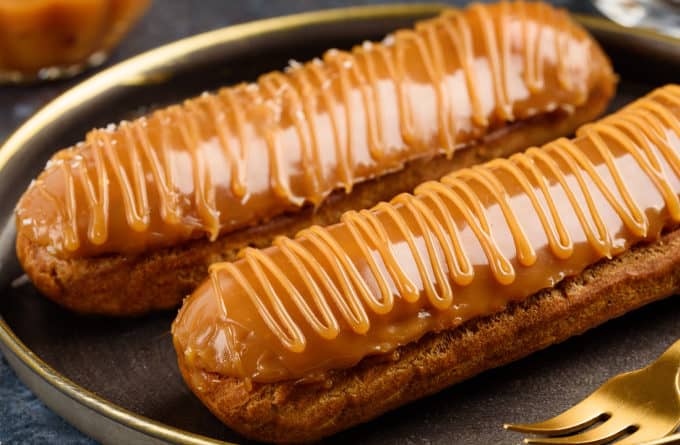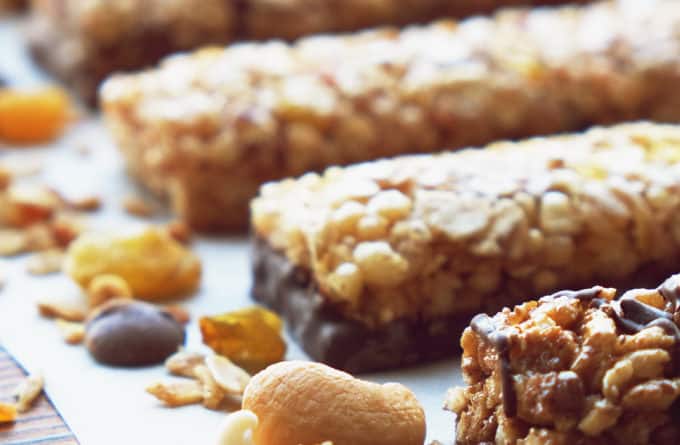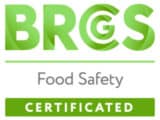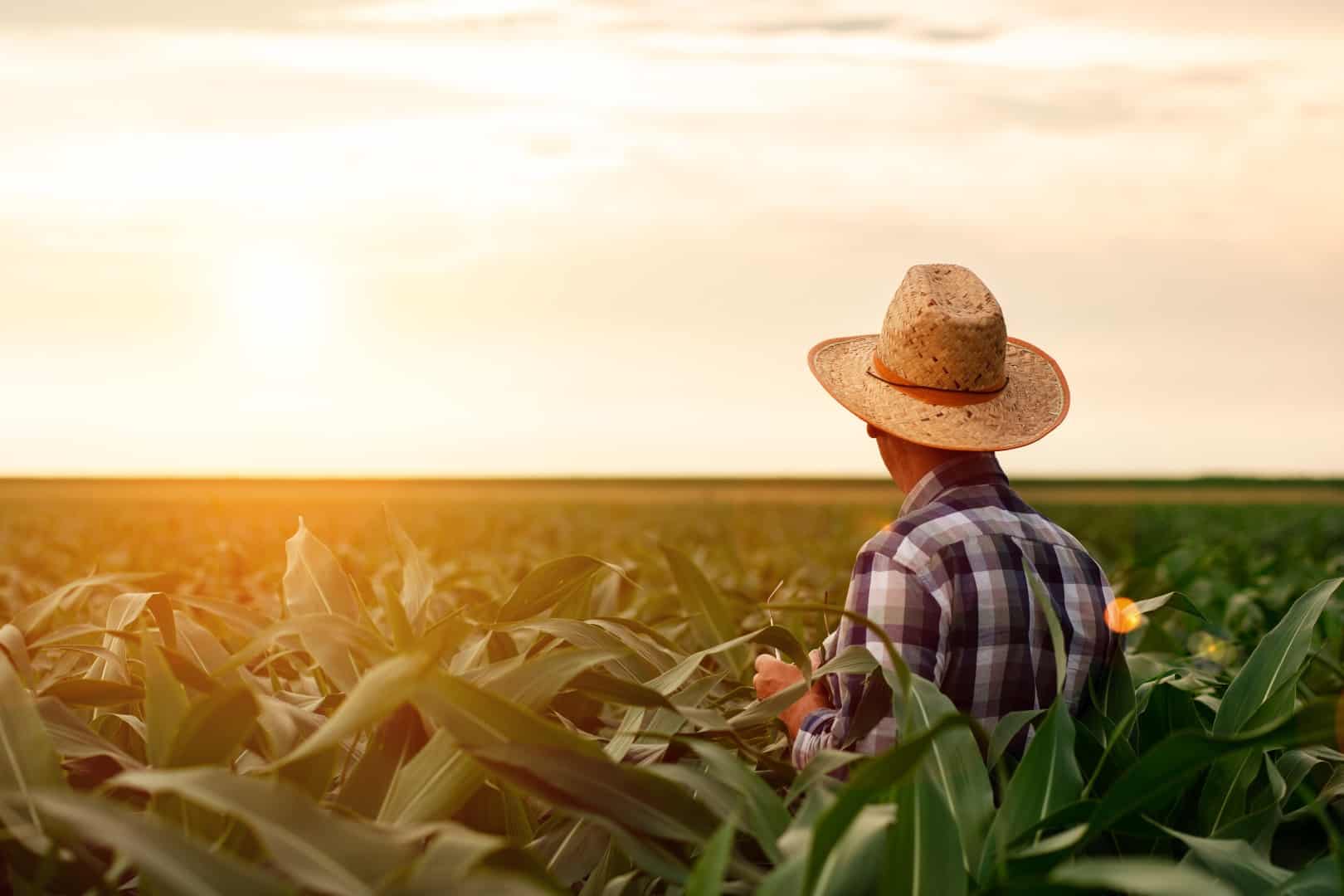
While vegetarians and vegans opt for their diets for ethical reasons, a growing band of consumers are shunning or reducing certain foods based on the impact they have on climate change. Meet the climatarians: changing the environment for the better – one meal at a time.
What is the Climatarian Diet?
The statistics related to food production and the environment are sobering to read and are enough to make anyone think twice about their steak bake:
- Food production accounts for 26% of global greenhouse gas emissions.
- Half of the world’s habitable land is being currently used for agriculture.
- 78% of the pollution of waterways with nutrient-rich pollutants is as a result of agricultural practices.
- Livestock outweighs wild animals by 15 to 1.
Climatarians understand that what and how they eat can help tackle climate change. It’s not about cutting out all meat, but about rethinking the type of meat and how you eat it. It’s about making a series of good choices that collectively can impact your carbon footprint. What we eat is now about so much more than our health – it’s about the health of the planet.
The Core Principles
There are six key principles that climatarians consider before they eat:
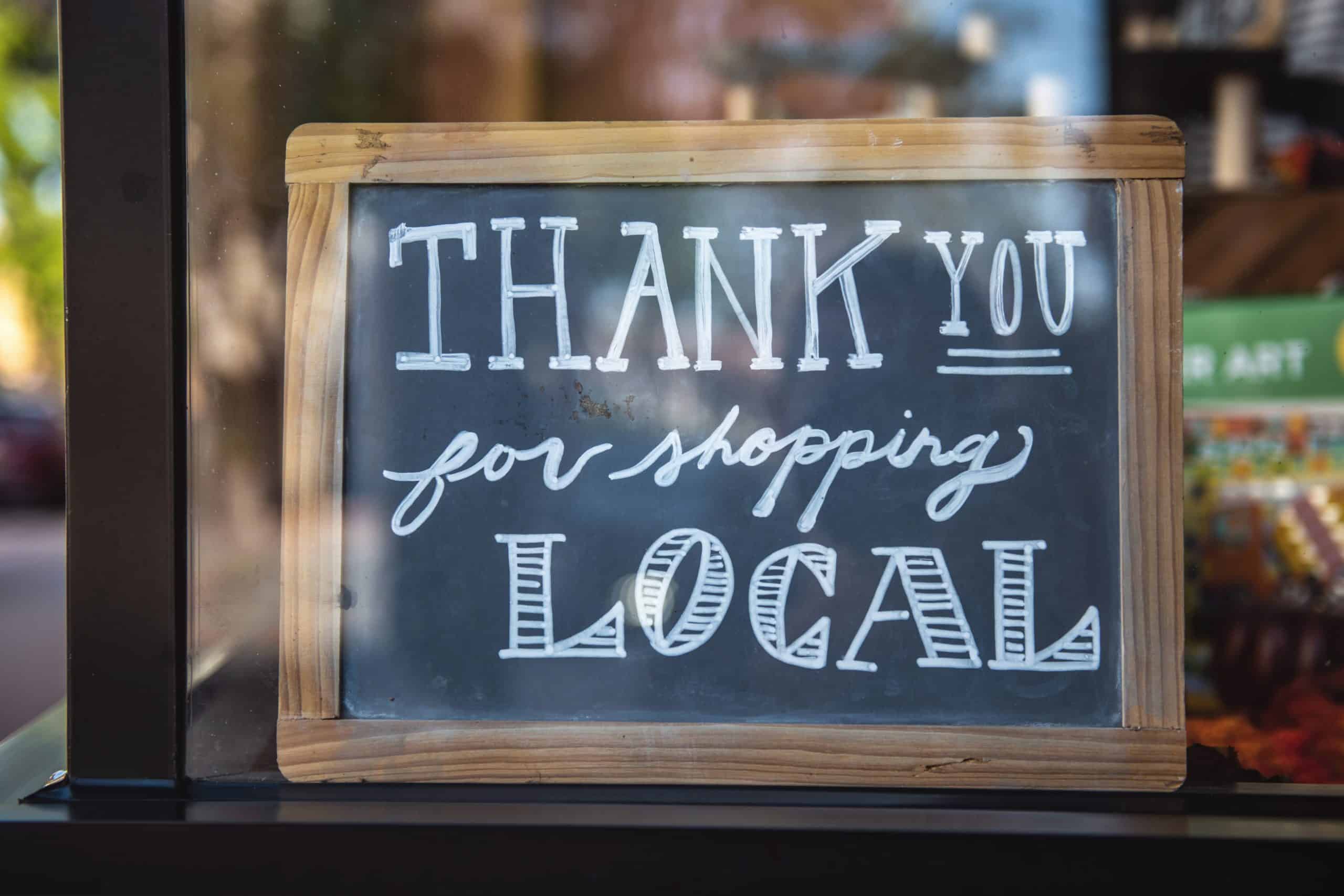
Shop local

Reduce meat intake
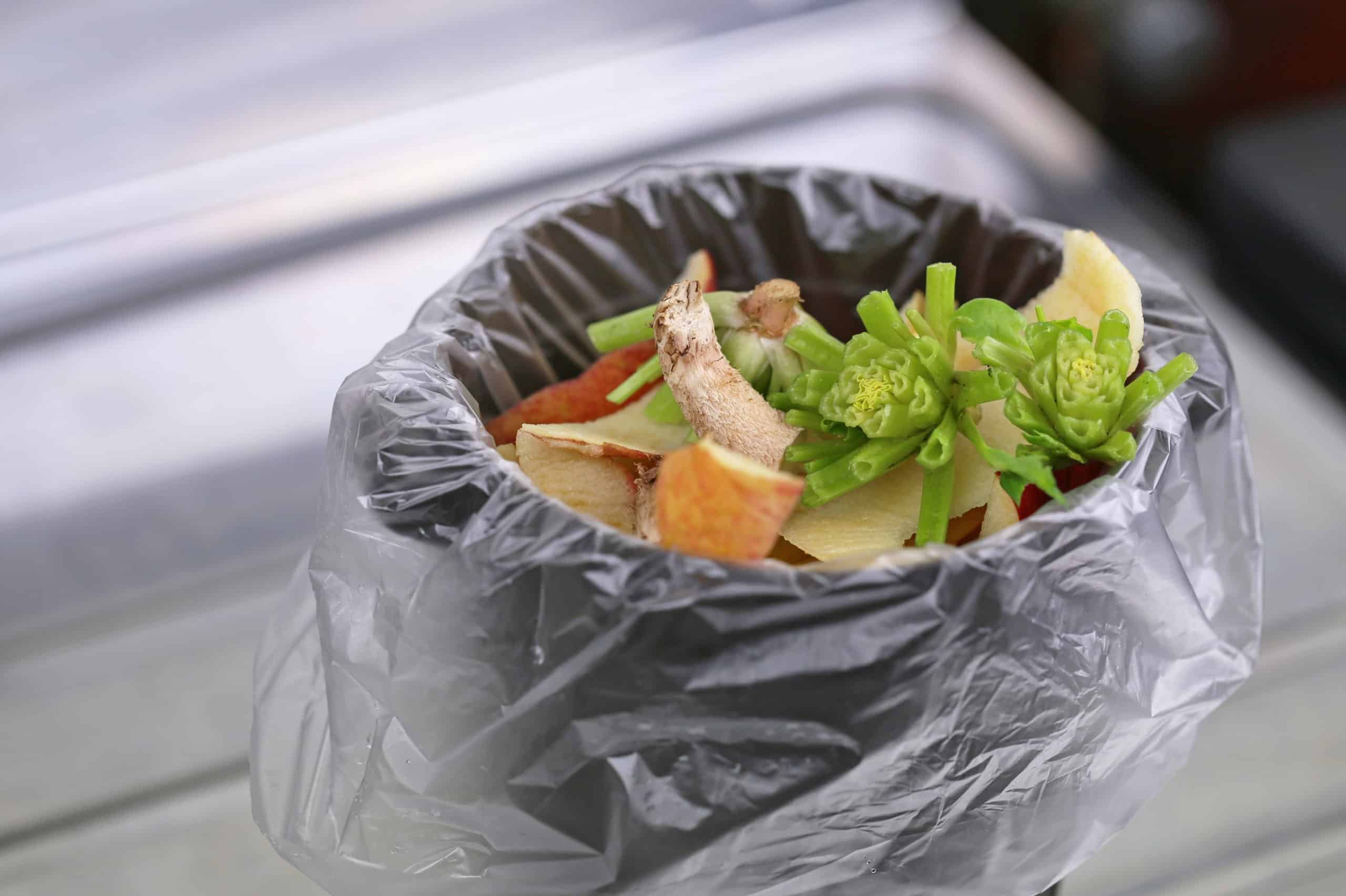
Cut down food waste
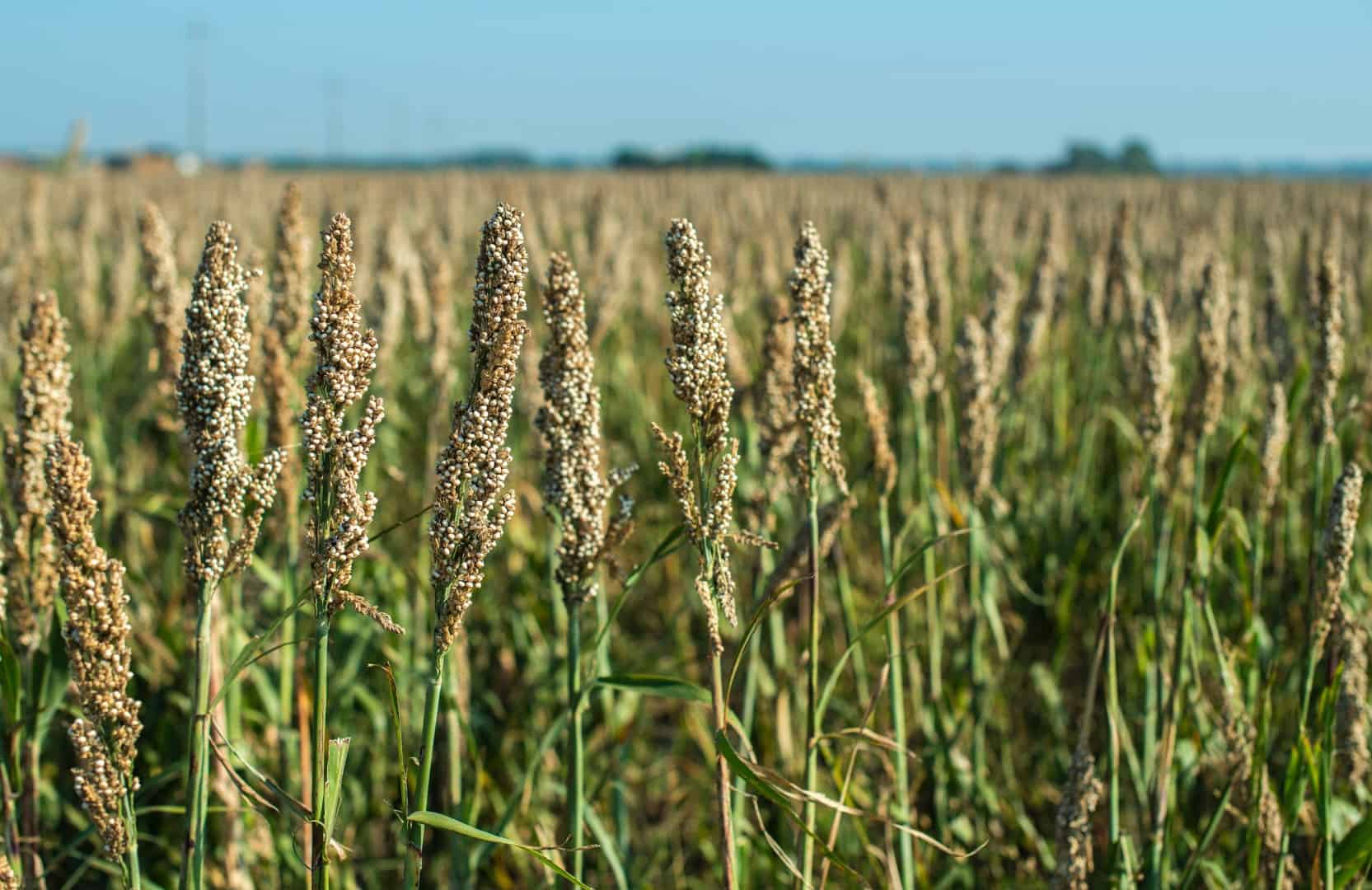
Eat drought-resistant crops
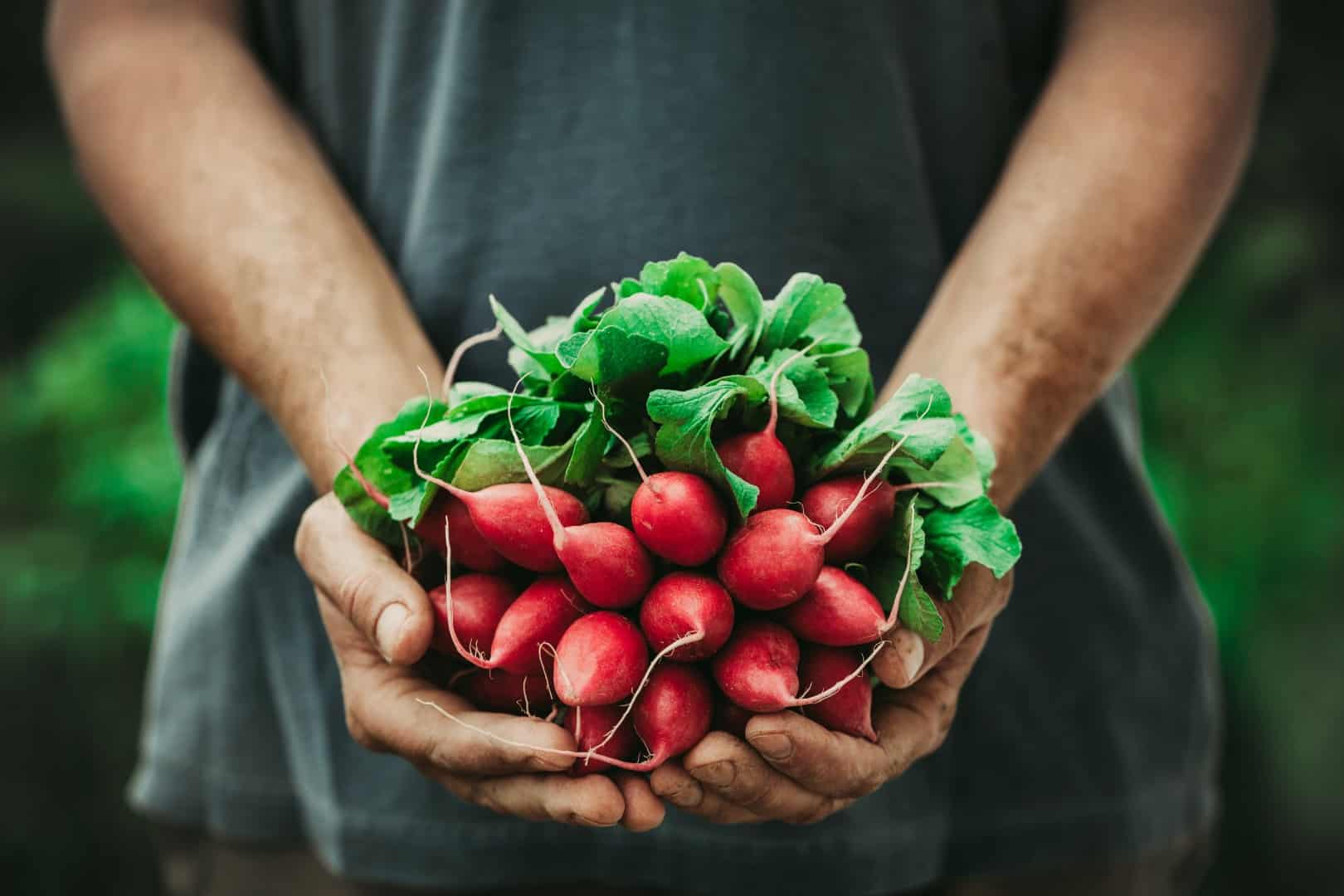
Buy organic
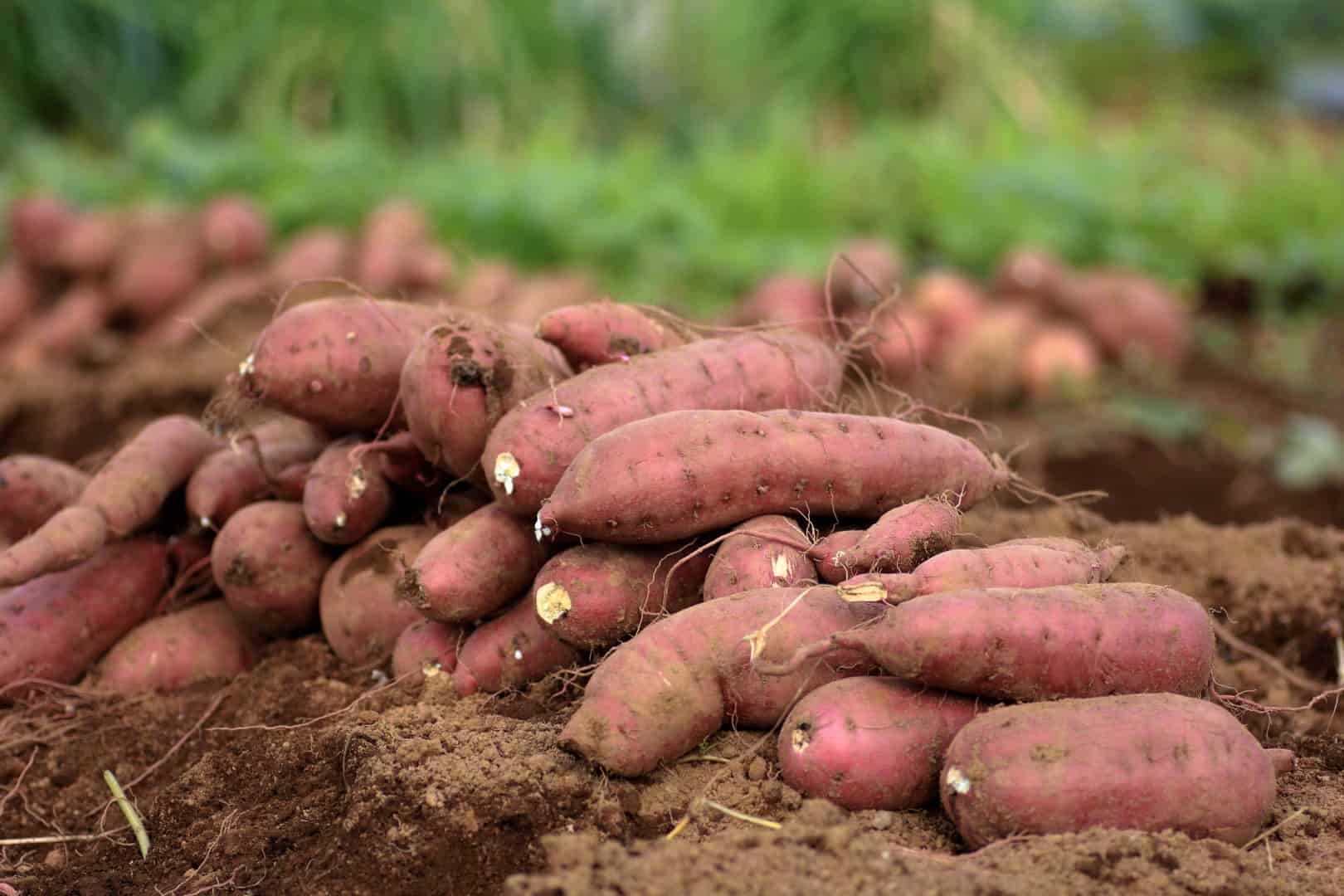
Consumer 'land-efficient' food
But how can UK bakeries do their bit to meet the needs of their climatarian customers and promote environmentally-friendly practices?
Get Bakels articles delivered to your inbox
Time to Ditch the Meat?
According to one study, the production of beef emits five times more greenhouse gas, uses 28 times more land and 11 times more water than the same process for pork, poultry, dairy or eggs. Beef’s carbon footprint is more than 20,000g of Co2 per kilo, compared to a more virtuous 4,000g for chicken and turkey. Non-meat items also boast a significantly lower carbon footprint – with beans and dried fruit contributing less than 2,000g of Co2 per kilo to the environment, while seasonal fruit and veg add less than 1,000g for the same weight.
Interestingly, eating in a more environmentally-friendly manner may also trigger a boom in another trend: eating insects. It’s been reported that not only do insects emit fewer greenhouse gases than cattle but they also require far less water and land in their farming, making them a land-efficient choice. Global Market Insights predict that the edible insect market will grow from £40m in 2017 to a healthy £515m+ by 2024, with grasshoppers, crickets and locusts the most likely to find their way on bakery shelves in the form of flour, bars and snacks.
Use your loaf
While the humble loaf of bread is positively saintly when compared to a piece of steak, the effort in creating a bloomer still leaves its mark on the environment. Surprisingly though a study from 2017 found that the bulk of the greenhouse gases emitted during the production of a single loaf of bread were a result of the farming required.
A study from the University of Sheffield gathered data on every step of the process from the growing of the wheat and its harvesting through the transportation, baking and packaging. A massive 66% of the greenhouse gas emissions were produced during the wheat-growing stage, and of that 43% was attributable to the use of ammonium nitrate fertilizers. By understanding the carbon footprint of your goods, you can begin to see how you could do more to help customers reduce theirs.
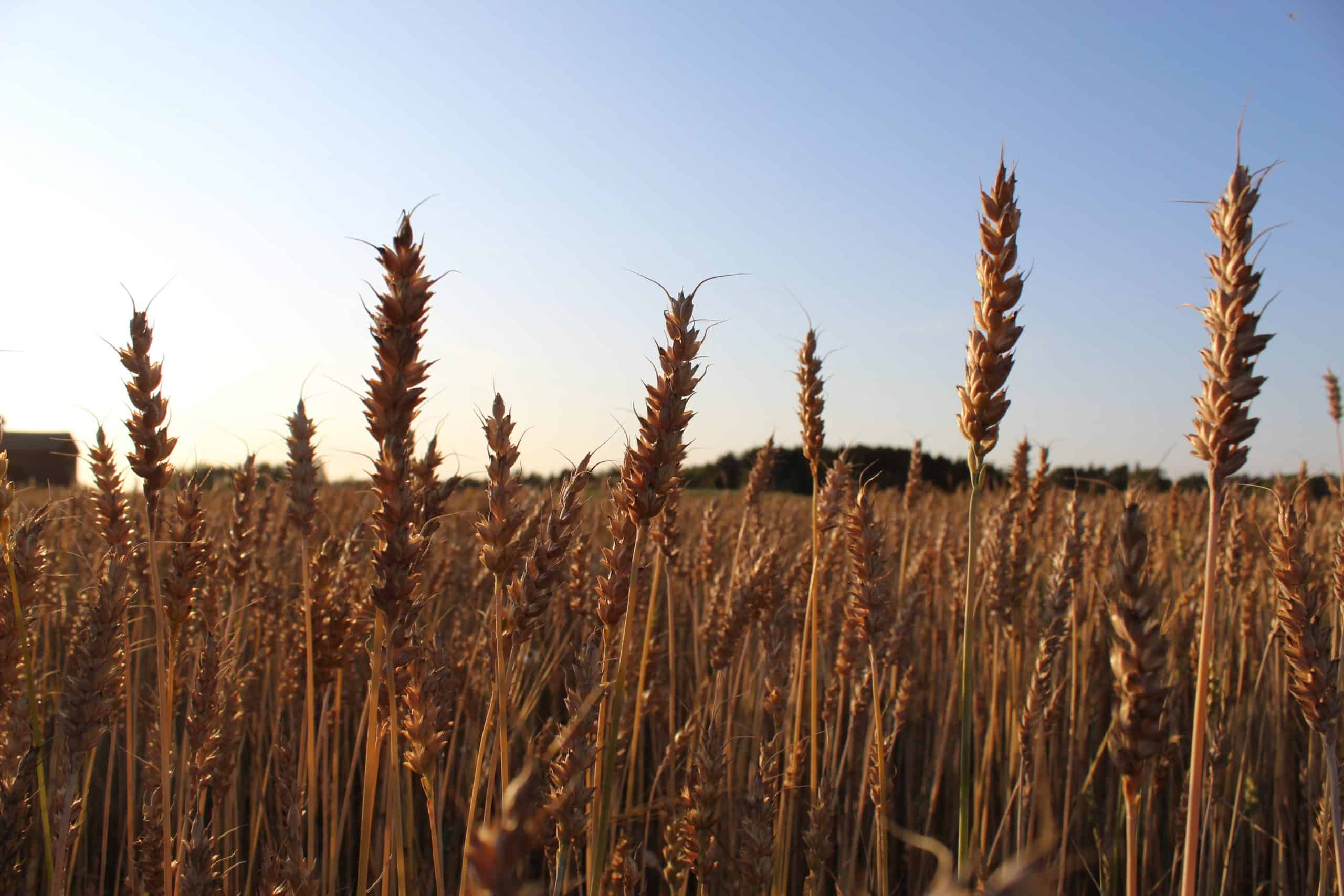
As more people demand climate-smart food, being able to claim your baked goods have a lower-than-average carbon footprint will be a useful marketing tool.
Bakeries are one of the links between the farmer and the end consumer and so can help to influence the supply chain for the better. Can you find a mill closer to your site to minimise the food miles being notched up? Is there a local dairy that can supply you with butter and milk? Your climatarian customers will be considering the greenhouse gases emitted during the product’s entire life span, but sourcing locally can help reduce this, by cutting out long transportation.
Calculate to Accumulate
With the environment being a focus of many policies already affecting bakeries (including the plastic tax expected by April 2022), bakeries should expect and be ready for a raft of changes that could occur. Perhaps one of the most obvious is an extended version of the traffic light system that currently displays nutritional values. In the future, we may see it a requirement that all pre-packed food bears a similar system to help consumers understand the carbon footprint attached to their food choices.
The forward-thinking bakery would take this a step further and attach carbon footprints to their own baked goods, while at the same time making steps to ensure that produce has as small a mile as possible.
Already we’ve seen impressive innovation in this area and we expect it to only increase. In the UK Jude’s launched the UK’s first carbon-negative ice cream, exploiting a gap in the market for foodies who don’t want to ditch their principles. While Quorn – the meat replacement people – now publish the carbon footprint of each of their products clearly on their packaging.
Waste Not Want Not
In 2015 WRAP calculated that bread was one of the biggest waste problems for retailers, estimating that surplus bakery items accounted for 67,500 tonnes of food waste. To put it into context, that’s nearly a third of all food waste in the retail sector. For bread products, solutions are available to increase the shelf life of the baked goods, but bakers can also work to reduce waste and embrace the climatarian principles.
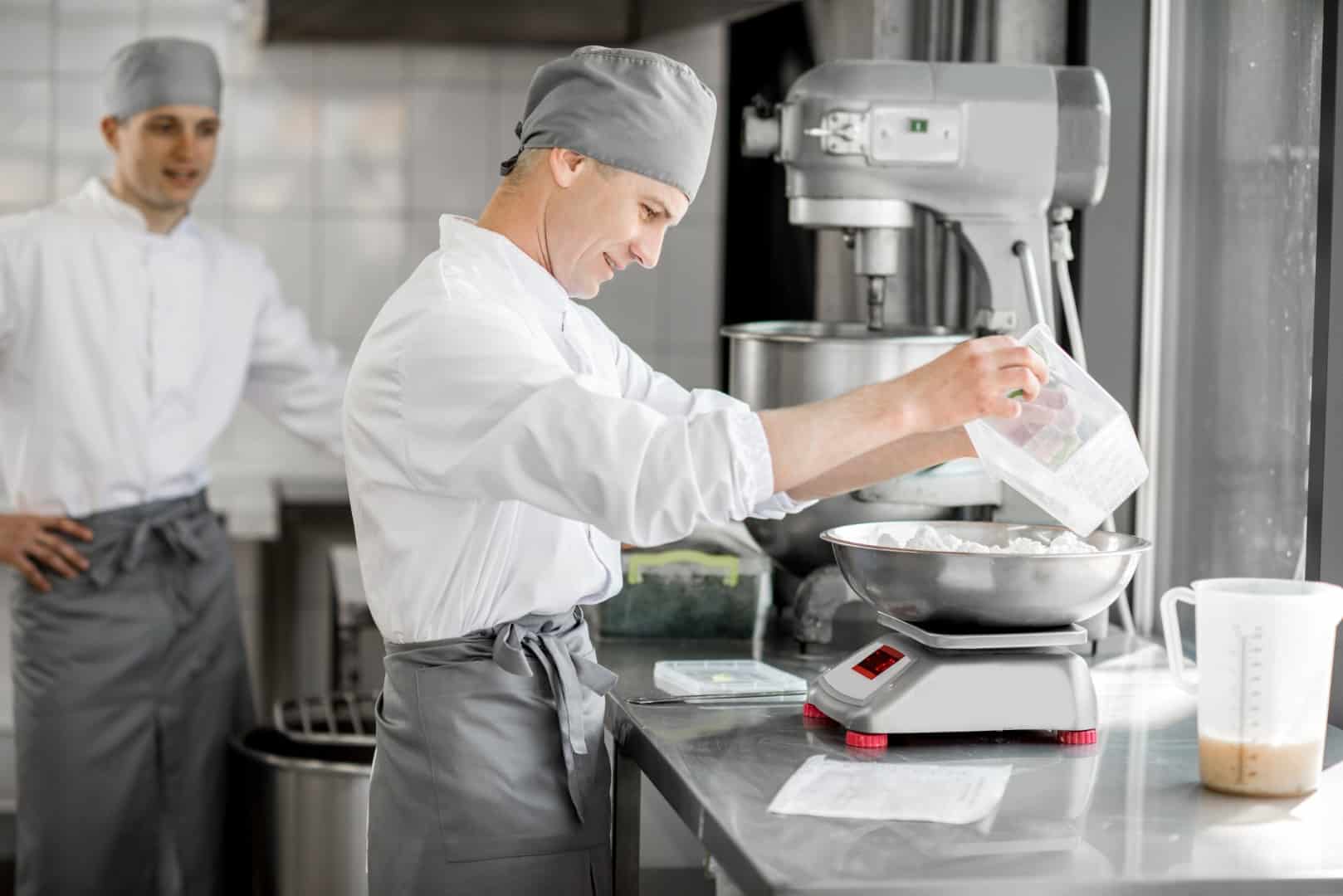
Accurate measuring
Adopt the mantra measure twice, make once. Improving the accuracy of your measuring can go a long way in improving your food waste.
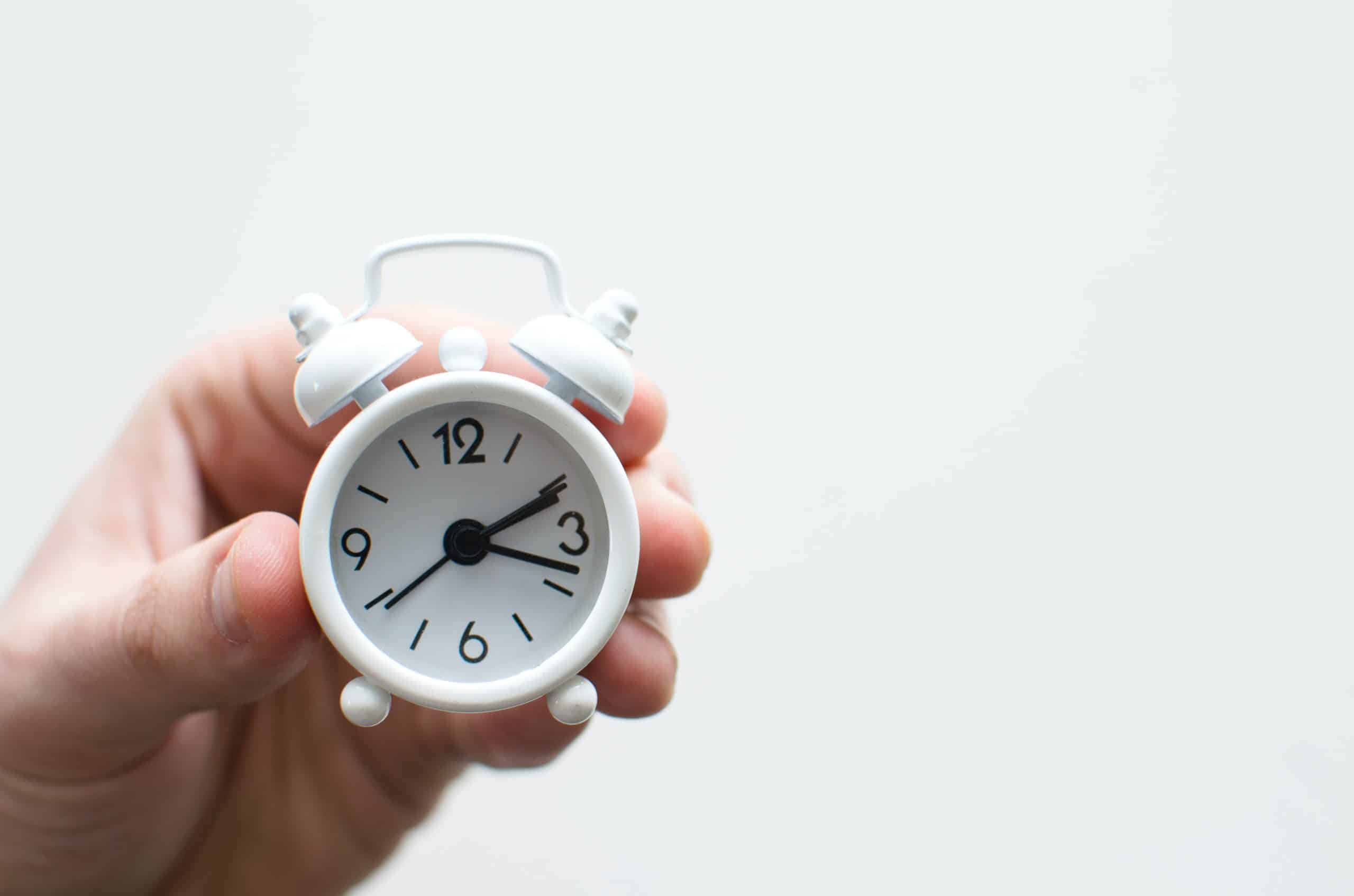
Bake to schedule
Spend time determining when particular items sell and try to bake to suit anticipated demand. Identify patterns in your consumers’ buying habits and bake accordingly.
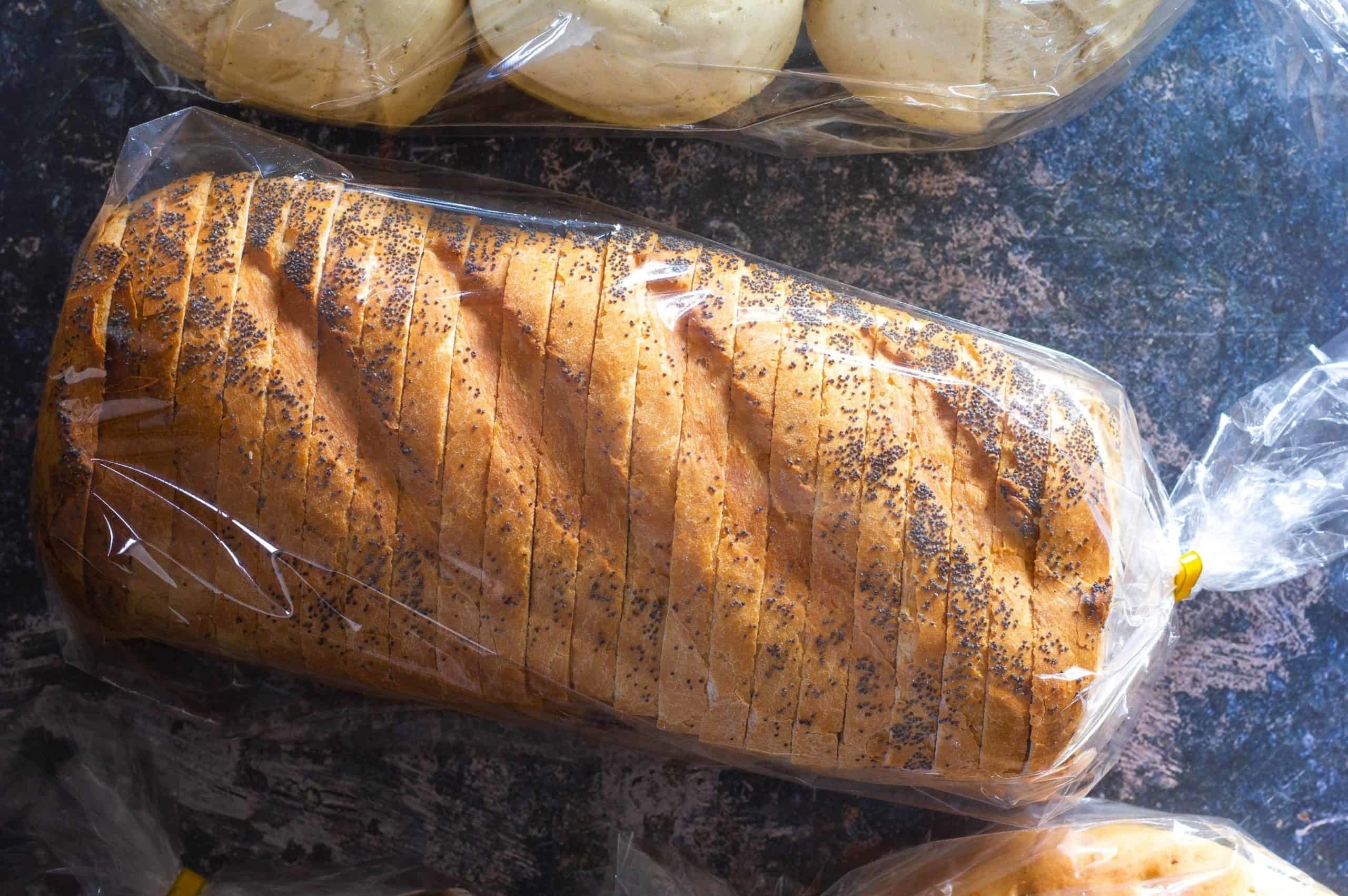
Bake to order
Even better introduce schemes whereby your customers let you know in advance what they want to buy. It’s a win-win; customers never arrive to an empty shelf and you can shift a significant proportion of your baking to what has already been ordered.
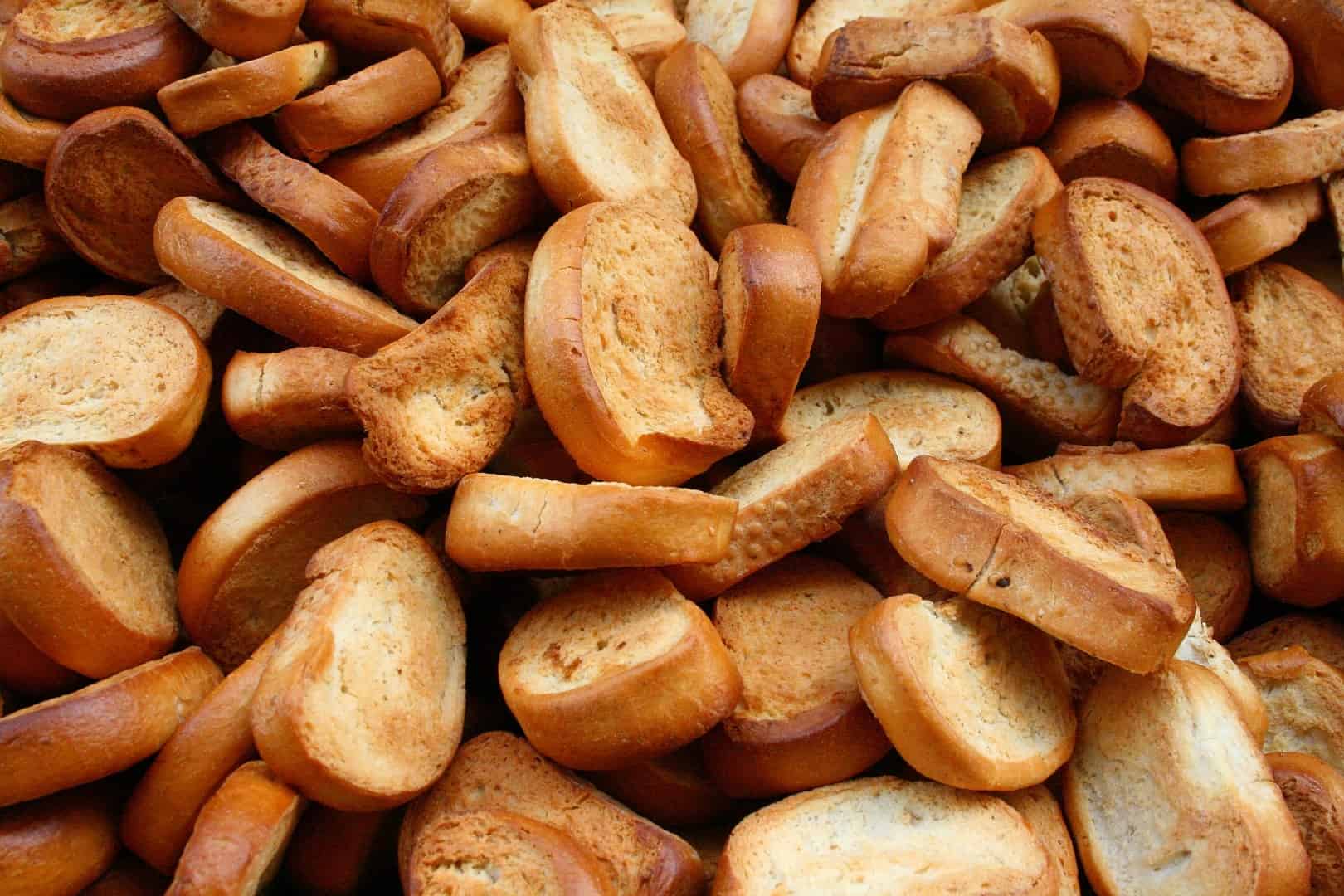
Repurpose leftovers
Can you use food that would otherwise be wasted to create new items – such as old bread being turned into bread and butter pudding? Bakels work with customers to provide bespoke solutions to help make use of baked goods which near the end of their life, get in touch to learn more.
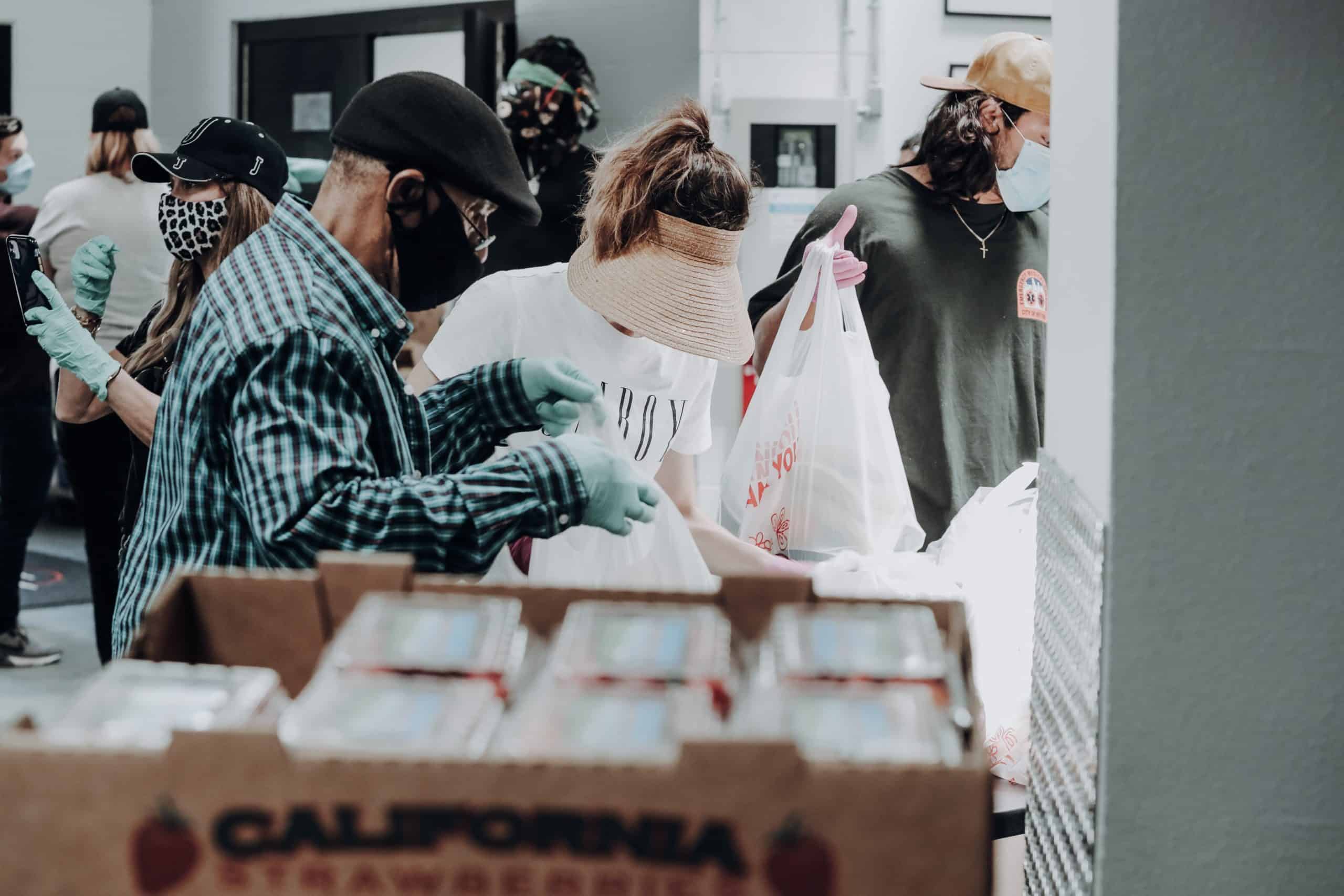
Donate
Sign up for a scheme that will see unsold items go to good causes. It won’t alter your bottom line, but it will alter the way your customers think about you.
Invest in your Future With British Bakels
At British Bakels, we’ve been investing in eco-friendly practices for years because we are investing in the future. The majority of our products are manufactured in the UK, reducing the need for overseas shipping to be part of the manufacturing process. Contact us on 01869 247098 to find out more about our environmentally aware plans and how we can support you.


